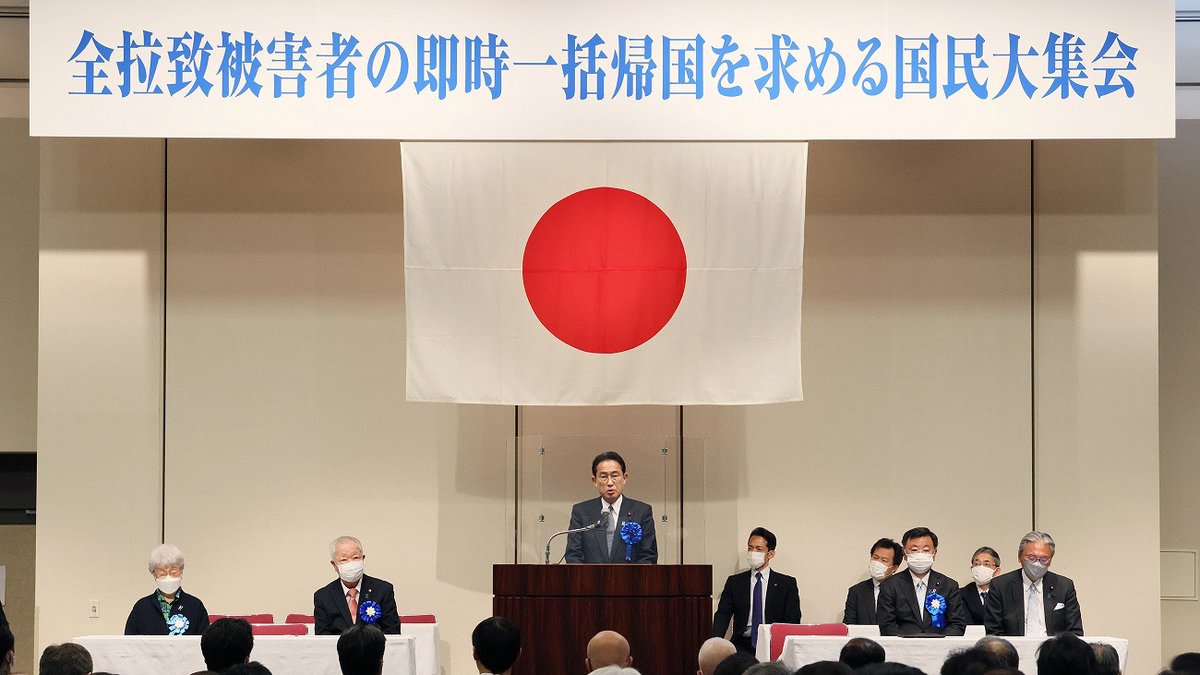Will Japan abandon pacifism?

What analyst George Friedman writes about Japan's possible turn on defense stimulated by Chinese assertiveness. Marco Orioles's article
The growing competition between the US and China in the Pacific and the increasingly insidious shadow of a Chinese invasion of Taiwan are slowly sending one of the most persistent totem poles since the deadly days of World War II into the attic: Japanese pacifism.
Geopolitical Futures analysis
In a recent note written for the observatory he directs, Geopolitical Futures, the US analyst George Friedman assumes that the most recent developments in international politics, primarily the war in Ukraine, are pushing Tokyo to get rid of that article 9 of its own Constitution, written by the Americans after the defeat of '45, which commits Japan not to have an army.
The thinner and thinner veil of article 9
In fact, Friedman observes, Article 9 has already been revisited several times in the past, especially under US pressure, to allow the country to equip itself with at least a valid self-defense force. A change that is not exactly imperceptible but which has nevertheless maintained the pacifist position of Japanese public opinion, hiding behind an increasingly virtual article 9.
The Taiwan knot
But now that Russia has invaded Ukraine, even the Japanese are forced to consider how concrete is the possibility of a war that they themselves had tried to put on file for good. But for the change in the mood of the people and especially of the Japanese political class, the decisive factors are undoubtedly the growing Chinese assertiveness in the Pacific and the repeated threats to annex Taiwan by force.
As Friedman points out, the possibility of Beijing occupying Taipei militarily would force Japan to take seriously the threat of China, which at that point would find itself dangerously close to the southern borders of the country. A Taiwan in the hands of the Dragon would also force the Japanese navy to cross closer and closer to that of its Chinese rival.
The words of Prime Minister Kishida
The danger is palpable in Tokyo, as demonstrated by the words spoken by Prime Minister Fumio Kishida during the joint press conference with US President Biden visiting the archipelago. "Any attempt", were the little cryptic words of Kishida, "to change the status quo by force as Russia did with Ukraine will never be tolerated in the Indo-Pacific, and especially in East Asia". In the same speech, the premier also referred to the need to "strengthen the deterrence and response capacity of the alliance between the US and Japan".
A growing activism
Japan has been progressively rearming it for years now, making the line that separates defensive weapons from offensive weapons ever thinner. Military spending is on the rise and Japan's diplomatic activism in the region is made evident by the investment made in the Quad alliance. If we combine these crude facts with the words spoken by Kishida alongside Biden, it is clear that Japan, in Friedman's belief, is preparing for the eventuality of a war.
A rich and resilient society
But is the country equipped for this epochal turning point? Friedman has no doubt that the answer is yes. Japan is still the third largest economy in the world and although its GDP is significantly lower than that of China, the per capita GDP is much higher. This not only means that Japanese society is much richer than Chinese but also that it has greater conditions of stability.
Japanese social stability is not linked, as is known, only to economic factors but also to cultural variables. Japan is built on strong organizational principles and a strong sense of social obligation. Not even the catastrophe of the Second World War and the atomic bombs was able to undermine this structure and the sense of order that derives from it.
Japan global power?
On the basis of all these premises, Friedman is convinced that the nation of the Rising Sun is ready to definitively dump the post-war pacifist legacy and assume the role of global power.
Since in the course of his dual mandate Xi Jinping has repeatedly alluded to the possibility of using force to tame Taiwan, it is very likely that, if he wanted to pass from words to deeds, he would have to deal with a powerful America-Japan alliance which also represents a formidable insurance policy for maintaining the status quo.
This is a machine translation from Italian language of a post published on Start Magazine at the URL https://www.startmag.it/mondo/il-giappone-abbandonera-il-pacifismo/ on Fri, 10 Jun 2022 07:47:49 +0000.
